12 Ways Your Horse Tells You It Needs Its Teeth Checked
Updated on 05/26/24
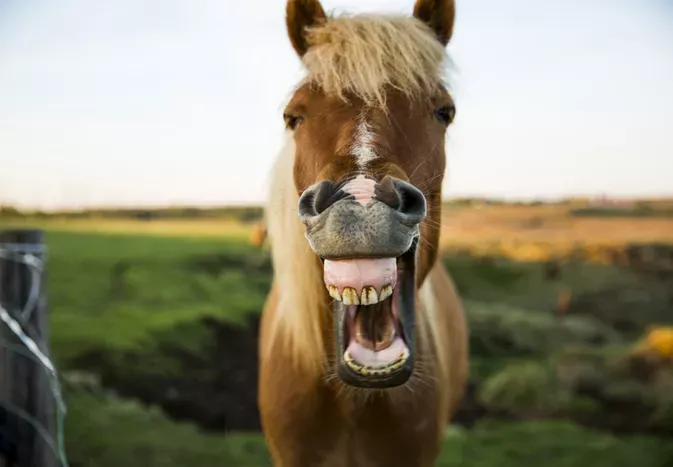
12 Telltale Signs Your Horse Needs Its Teeth Checked: A Comprehensive Guide for Equestrians
Maintaining your horse's dental health is crucial for its overall well-being, performance, and longevity. Regular dental examinations and proper care can prevent painful issues and ensure your equine companion enjoys a healthy and comfortable life.
To help you identify when your horse may need a dental checkup, we present the following 12 signs that serve as telltale indicators of potential problems:
1. Resistance to the Bit or Head Tossing
When a horse experiences discomfort or pain in its mouth, it may exhibit reluctance or resistance to the bit during riding or training. Head tossing, pulling, or shaking its head excessively can be a sign of dental issues that require attention.
2. Difficulty Chewing or Dropping Feed
If your horse struggles to chew its food or drops feed from its mouth, it could indicate dental problems that interfere with its ability to grind and swallow food properly. Observe your horse's eating habits closely to detect any abnormalities.
3. Weight Loss or Poor Body Condition
Persistent dental issues can lead to weight loss or an overall poor body condition in horses. If you notice a significant decrease in your horse's weight or a decline in its body condition, dental problems may be a contributing factor.
4. Drooling or Foaming at the Mouth
Excessive drooling or foaming at the mouth can be a sign of oral discomfort in horses. This may indicate the presence of sharp points or hooks on the teeth, which can irritate the tongue or cheeks.
5. Reluctance to Groom or Handle Its Head
If your horse resists being groomed or handled around its head, it could be experiencing pain or discomfort in its mouth. This behavior may be a defense mechanism to avoid further irritation or discomfort.
6. Facial Swelling or Discharge
Facial swelling or discharge around the mouth, eyes, or nostrils can be indicative of dental problems that have progressed to a more severe stage. These signs may indicate the presence of infections or abscesses that require prompt veterinary attention.
7. Bad Breath or a Foul Odor from the Mouth
A persistent foul odor or bad breath in horses can indicate dental issues such as tooth decay, gum disease, or other oral infections. Regular dental checkups can help identify and address these problems early on.
8. Grinding or Clicking Noises While Eating
Grinding or clicking noises while eating can be a sign of dental problems that affect the proper alignment or occlusion of the teeth. This can lead to uneven wear and discomfort for the horse.
9. Nasal Discharge or Snorting
Nasal discharge or excessive snorting can be a symptom of dental problems that affect the sinuses or nasal passages. Horses may snort or have a nasal discharge as a way to relieve discomfort or clear irritation.
10. Loose or Missing Teeth
Loose or missing teeth in horses can be caused by various factors, including trauma, dental disease, or age-related changes. Missing or loose teeth can affect the horse's ability to eat and maintain proper oral health.
11. Sores or Ulcers in the Mouth
Sores or ulcers in the horse's mouth can be caused by sharp points or hooks on the teeth, which can irritate the soft tissues. These lesions can be painful and affect the horse's ability to eat and drink comfortably.
12. Changes in Behavior or Mood
Horses experiencing dental problems may exhibit changes in behavior or mood. They may become more withdrawn, irritable, or less responsive to commands. These changes can be indicative of underlying pain or discomfort that affects the horse's overall well-being.
Conclusion
Regular dental checkups and proper oral care are essential for maintaining your horse's health and preventing painful dental issues. By being aware of the signs listed above, you can identify when your horse may need a dental checkup and seek appropriate veterinary care.
Horses cannot verbally communicate their discomfort, so it's up to us as responsible owners to observe their behavior and seek professional help when necessary. By ensuring your horse receives proper dental care, you contribute to its overall health, performance, and longevity.
Explore More Pets
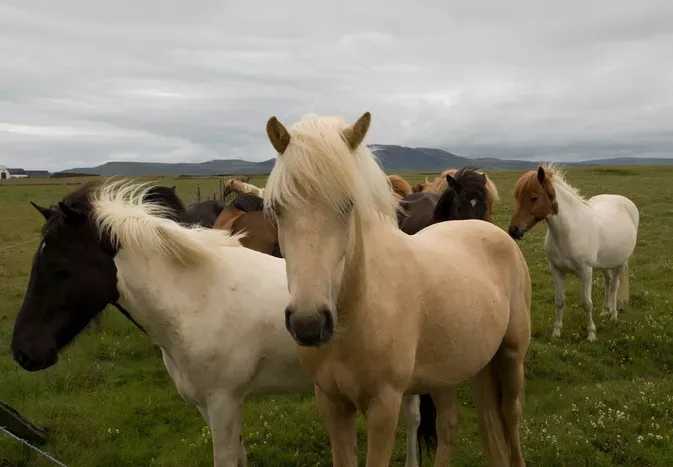
Pony Breeds
The Difference Between Horses and Ponies
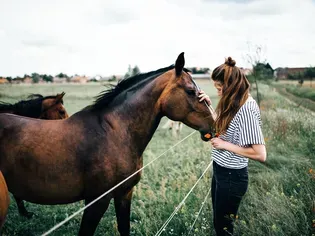
Horse Diseases & Conditions
What Do I Do If My Horse Colics?
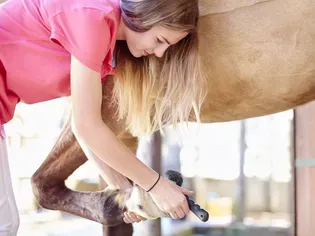
Pony Breeds
Horse and Pony Care by the Day, Week, Month and Year
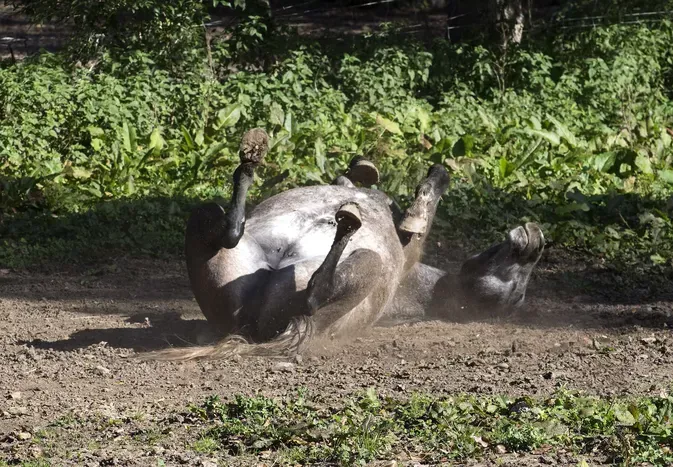
Horse Grooming
Mange in Horses
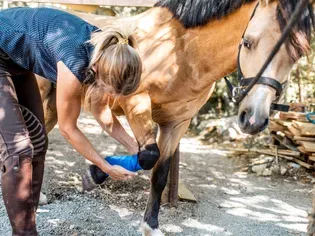
Horse Diseases & Conditions
Grease Heel in Horses
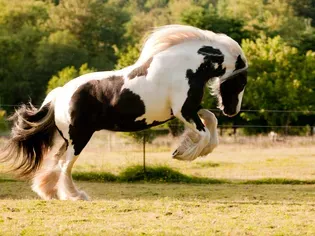
Light Horse Breeds
Gypsy Vanner Horse Breed Profile
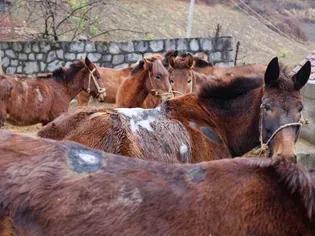
Horse Diseases & Conditions
Girth Galls and Saddle Sores
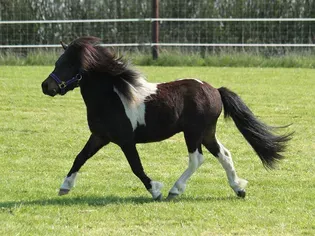
Pony Breeds
Shetland Pony Breed Profile
